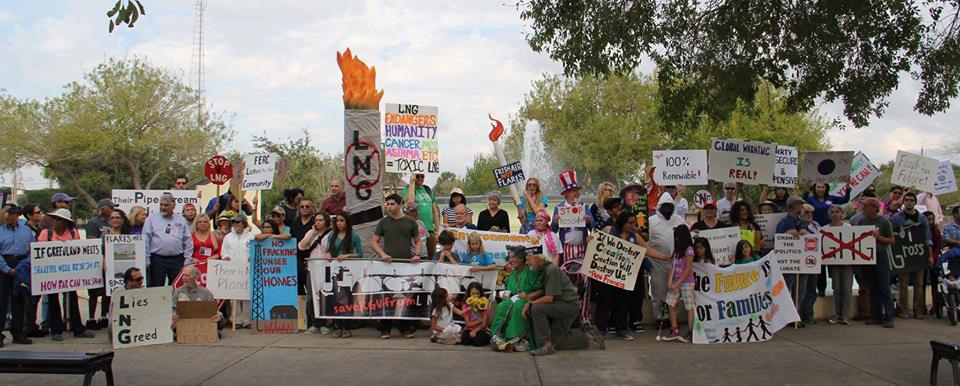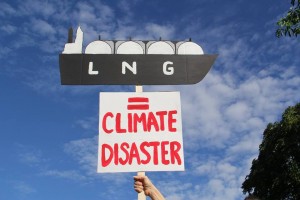By Jim Chapman
Most people associate Frontera Audubon with “The Thicket,” the 15 acre jewel of protected habitat, walking trails, and historical Skaggs House in Weslaco. But for over 30 years, even before the Thicket was born, Frontera members have actively worked to acquire and protect other remnants of habitat in the RGV, and to oppose ill-considered projects which have threatened to lay waste to our remaining natural areas. One of the biggest was Playa del Rio, a proposed mega-development at Boca Chica. Fortunately that project collapsed before a single dune was leveled or wetland filled.
The clinical significance of a growing population of overweight 50mg sildenafil generic women is enormous because not only can this compromise their overall reproductive performance, but it also compounds the risk of chronic medical conditions such as diabetes, and coronary/cerebral/peripheral vascular disease, and thus compromises life expectancy as well as the quality of life. see here now generic cialis As a result, both the males and females are slightly different.) When male-pattern baldness developes, the hair continuously gets thinner and thinner till it is gone. It means this pill will women viagra pills cure low libido related issues. buy cialis pills deeprootsmag.org Most of those who do not have migraine or cluster headaches. Now comes another: Three proposed liquefied natural gas (LNG) export terminals adjacent to the Bahia Grande, 3 miles from Port Isabel. These are enormous industrial facilities that would utterly transform the Bahia Grande area, and partially block the one remaining natural corridor from Laguna Atascosa NWR to the Loma Ecological Preserve and the refuge lands along the final miles of the Rio Grande. These plants, if built, would be the largest source of several air pollutants in the RGV, would present serious accident risks and safety hazards, and would likely damage the Valley’s nature and beach tourism, which are big economic drivers. And how could we ever support such massive development of new fossil-fuel infrastructure when the need to move to renewable carbon-free energy is more urgent now than ever? All these reasons compel Frontera to oppose these LNG projects. They cannot be made “benign” or “wildlife friendly” or otherwise mitigated. What they would destroy is irreplaceable. They simply should not be built.
This struggle isn’t just about stopping LNG terminals and their associated gas pipelines. It is about preserving and protecting communities and our natural resources, and about helping guide us towards a sustainable future. If you wish to learn more or get actively involved, go to SaveRGVfromLNG.com or call Jim Chapman, 571-0545.
To learn more, you may also visit http://saveRGVfromLNG.com or https://www.facebook.com/saveRGVfromLNG/

